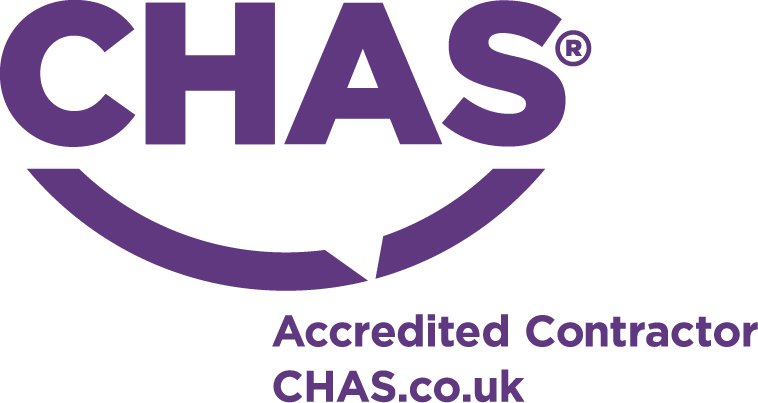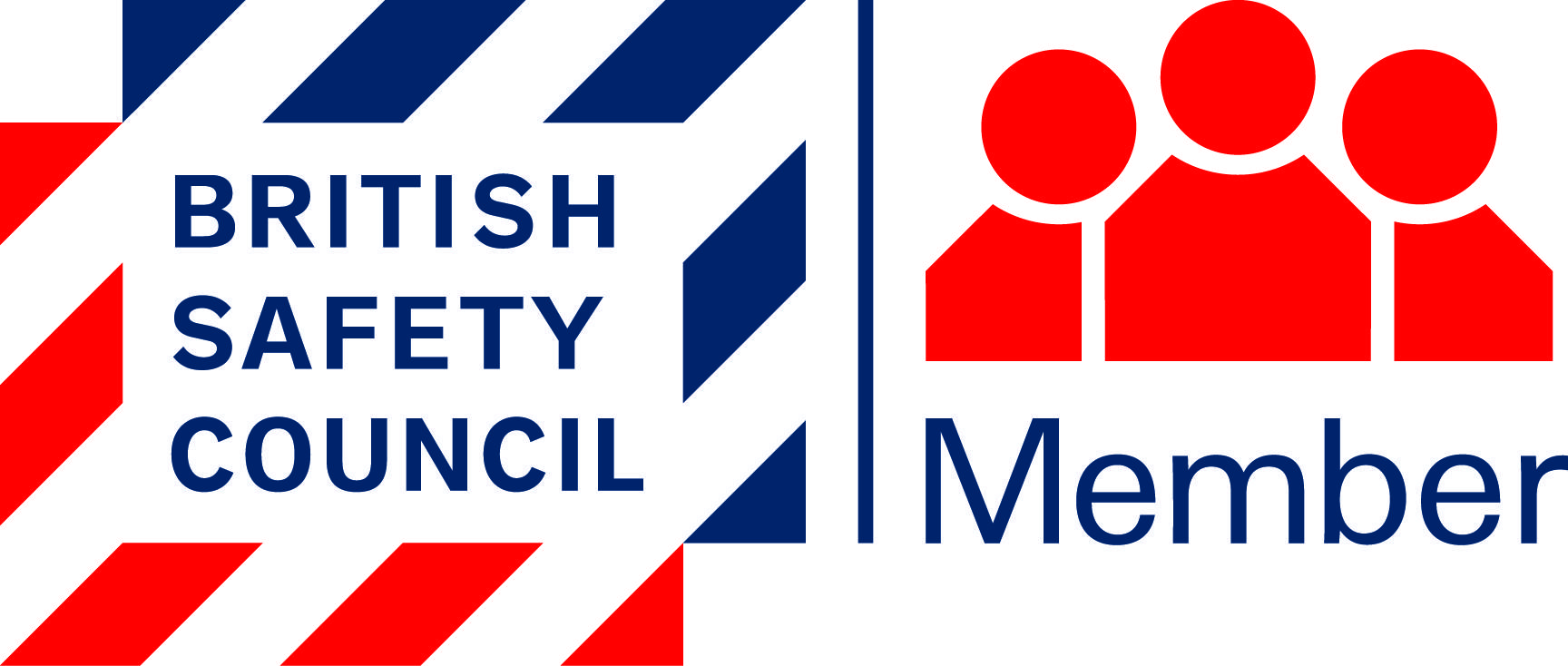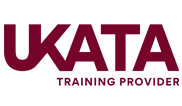Navigate Asbestos Safely with UKasl’s RoSPA Assured Awareness Training
Asbestos, a material that once epitomised construction robustness, now stands as a stark reminder of occupational hazard and health adversity. Recognising this, UKasl, the UK’s premier online training provider, has curated a RoSPA Assured Asbestos Awareness Training Course tailored to those who wish to navigate asbestos with knowledge and safety.
Priced competitively at £22.50 plus VAT, this course offers more than mere compliance. The Royal Society for the Prevention of Accidents (RoSPA) has audited and approved the certification, ensuring that it meets the stringent requirements set by the Health and Safety Executive (HSE) and boasts external accreditation. This positions the course as a robust alternative to the UKATA qualification, making it a suitable choice for individuals across all trades, supervisors, and anyone looking to refresh their understanding of asbestos awareness.
Understanding the risks associated with asbestos is not just a regulatory requirement but a significant health investment. The HSE underscores the necessity of training for anyone who might encounter asbestos fibres during their workday or supervises such individuals. This course imparts crucial knowledge, enabling both employers and self-employed workers to foster safe work environments and uphold their duty of care.
Who Stands to Benefit?
This course isn't just for those directly handling asbestos. It's for anyone who may come into contact with asbestos-containing materials (ACMs). By equipping workers and their supervisors with the know-how to recognise ACMs and the correct procedures to follow upon detection, the course aids in mitigating potential asbestos-related incidents.
Critically, this training doesn't qualify one to undertake asbestos removal. For that, UKasl recommends their Asbestos Specialists' Non-Licensed Removal course, which is designed for those needing to disturb or remove ACMs actively.
Why Opt for UKasl’s RoSPA Assured Course?
What Will You Learn?
The course covers a comprehensive range of topics including:
The training is tailored to be completed within two hours, culminating in a multiple-choice assessment to ensure a robust understanding of the material. It’s optimised for various devices, with a recommendation for a 10" screen size for the best experience, and accessible ideally via Chrome or Firefox browsers.
In an era where health and safety take precedence, UKasl's RoSPA Assured Asbestos Awareness Training Course emerges as a beacon of educational excellence and safety advocacy. For those ready to commit to safety and compliance, more information and the option for a free trial or course purchase can be found at UKasl's RoSPA Assured Asbestos Awareness Training Course page.
The Asbestos Specialists: We know training, so you'll know asbestos.
Read more
Priced competitively at £22.50 plus VAT, this course offers more than mere compliance. The Royal Society for the Prevention of Accidents (RoSPA) has audited and approved the certification, ensuring that it meets the stringent requirements set by the Health and Safety Executive (HSE) and boasts external accreditation. This positions the course as a robust alternative to the UKATA qualification, making it a suitable choice for individuals across all trades, supervisors, and anyone looking to refresh their understanding of asbestos awareness.
Understanding the risks associated with asbestos is not just a regulatory requirement but a significant health investment. The HSE underscores the necessity of training for anyone who might encounter asbestos fibres during their workday or supervises such individuals. This course imparts crucial knowledge, enabling both employers and self-employed workers to foster safe work environments and uphold their duty of care.
Who Stands to Benefit?
This course isn't just for those directly handling asbestos. It's for anyone who may come into contact with asbestos-containing materials (ACMs). By equipping workers and their supervisors with the know-how to recognise ACMs and the correct procedures to follow upon detection, the course aids in mitigating potential asbestos-related incidents.
Critically, this training doesn't qualify one to undertake asbestos removal. For that, UKasl recommends their Asbestos Specialists' Non-Licensed Removal course, which is designed for those needing to disturb or remove ACMs actively.
Why Opt for UKasl’s RoSPA Assured Course?
- HSE Compliance: The content is fully compliant with the Control of Asbestos Regulations 2012 (Regulation 10), ensuring you meet legal obligations.
- RoSPA Audited: The independent audit by RoSPA assures the quality and rigour of the training material.
- Immediate Certification: On completion, participants receive a certificate that remains valid indefinitely, reflecting a long-term understanding of asbestos awareness.
- Accessibility: With round-the-clock access, learners can undertake the course at their convenience, whether early in the morning or late at night.
- User-Friendly: The course accommodates different learning preferences with male and female presenters and a professional voice-over throughout.
What Will You Learn?
The course covers a comprehensive range of topics including:
- The history and uses of asbestos.
- The types of asbestos and associated risks.
- The health implications of asbestos exposure, compounded by smoking.
- Procedures for emergency situations involving asbestos.
- Legal responsibilities of employers and employees concerning asbestos.
The training is tailored to be completed within two hours, culminating in a multiple-choice assessment to ensure a robust understanding of the material. It’s optimised for various devices, with a recommendation for a 10" screen size for the best experience, and accessible ideally via Chrome or Firefox browsers.
In an era where health and safety take precedence, UKasl's RoSPA Assured Asbestos Awareness Training Course emerges as a beacon of educational excellence and safety advocacy. For those ready to commit to safety and compliance, more information and the option for a free trial or course purchase can be found at UKasl's RoSPA Assured Asbestos Awareness Training Course page.
The Asbestos Specialists: We know training, so you'll know asbestos.





